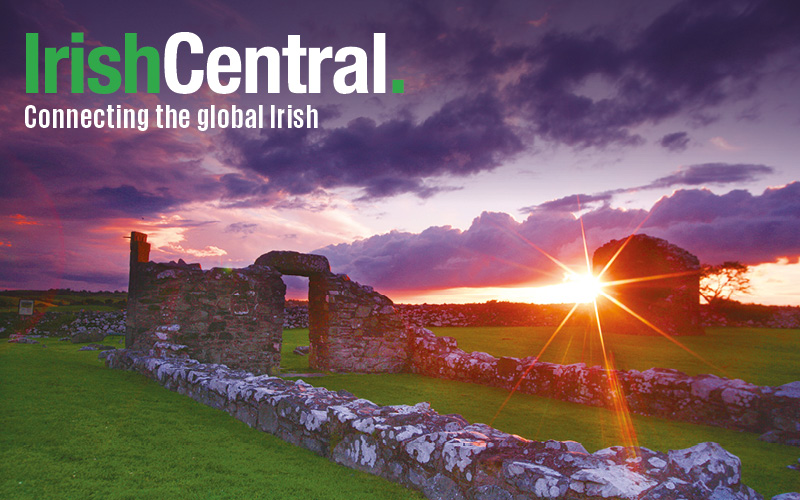THE Catholic Church, which controls 90% of Ireland's 3,200 primary schools and more than 400 voluntary secondary schools, is committed to opening them up to children of other faiths and denominations.In a pastoral letter this week outlining its vision for Catholic education in a multi-cultural Ireland, the Irish Catholic Bishops' Conference said the presence of non-Catholic pupils in its schools represented "an enrichment of the educational experience offered by the school."The document, entitled "Vision 08 - A Vision for Catholic Education in Ireland," is the result of a three-year consultation period facilitated by the bishops and the Conference of Religious of Ireland.Several bishops have gone on record as saying the number of primary schools under church patronage is too large and needs to be reduced.But they believe that even if the number drops by 10% or 20%, the church will still be a major player in education in the future, provided parents continue to support it.Bishop Leo O'Reilly, chairperson of the Education Commission of the Bishops' Conference, said there is no doubt that the profile of Catholic schools will change as they respond to the new challenges and opportunities of multiculturalism.He said the "Vision 08" document clearly states, "All pupils whether they profess a religious belief or not are important and schools exist to care for and facilitate their growth as individuals and members of society."In an unprecedented move, the bishops have invited wide-ranging public participation in discussions on the best way for Catholic schools to develop into the future.The bishops said in their document that they are "acutely conscious" of the shortcomings of some of the church's educational institutions in the past -- a clear reference to a series of sex-abuse scandals in recent years.The document predicted that, as the number of priests and religious involved in education continues to decline, more religious-run secondary schools will be handed over to trusts composed mostly of lay people.It stated, "Many religious congregations are now engaged, in some instances, through collaboration with other congregations, in the process of exploring, planning and setting up new forms of trusteeship. By this means, some or all of the responsibility for the schools they formerly administered will be transferred to trusts made up wholly or partly of lay people."The document also looked ahead to the likely establishment of a national Catholic Education Service for the whole of Ireland, north and south.




Comments